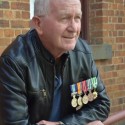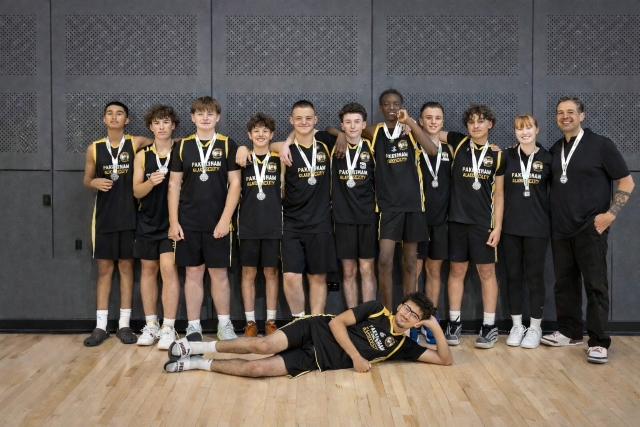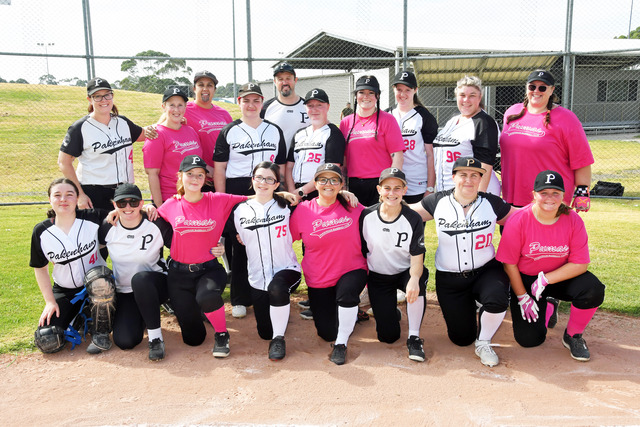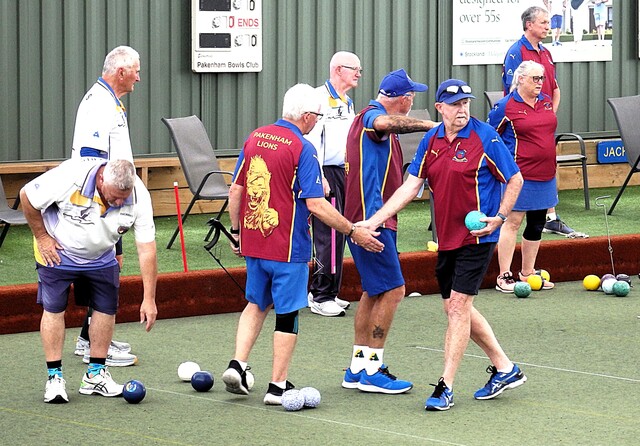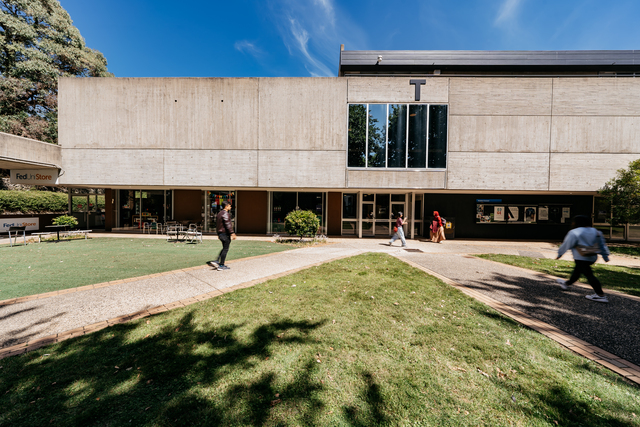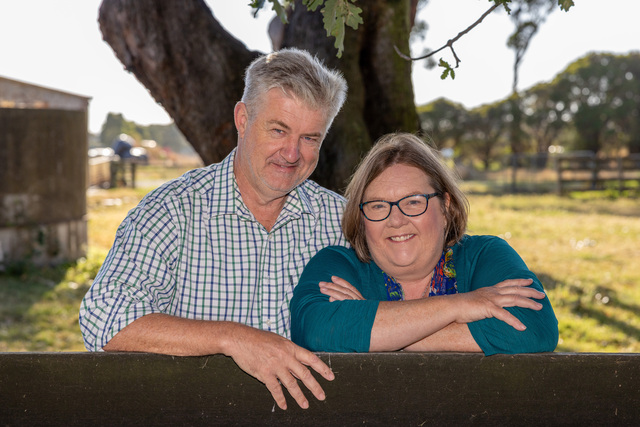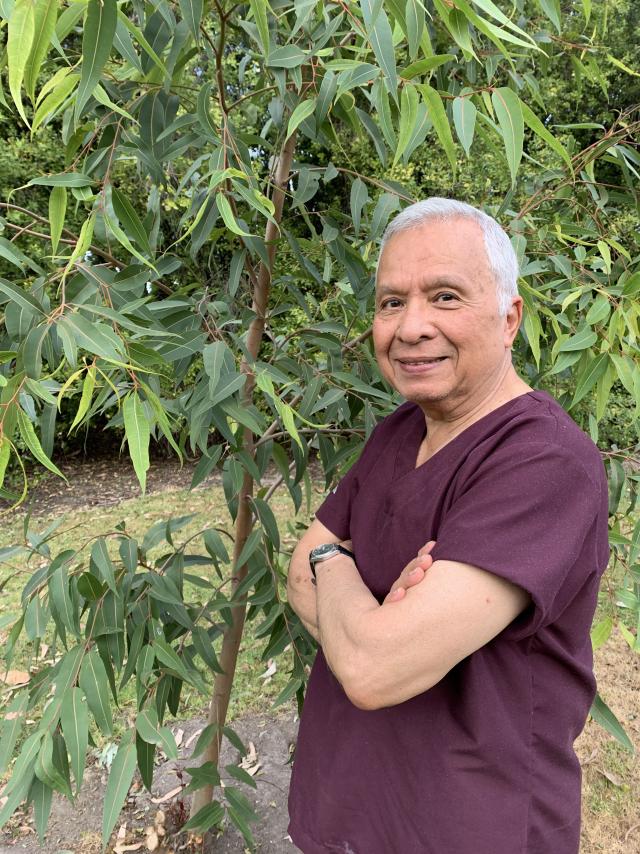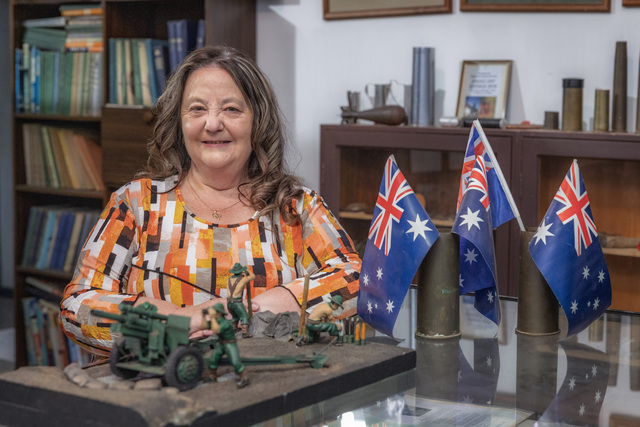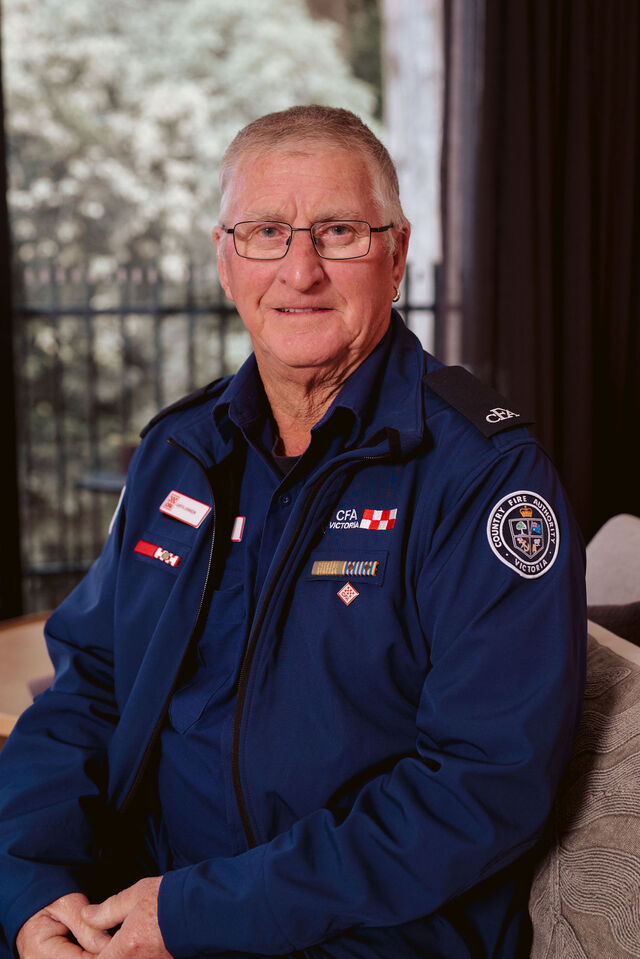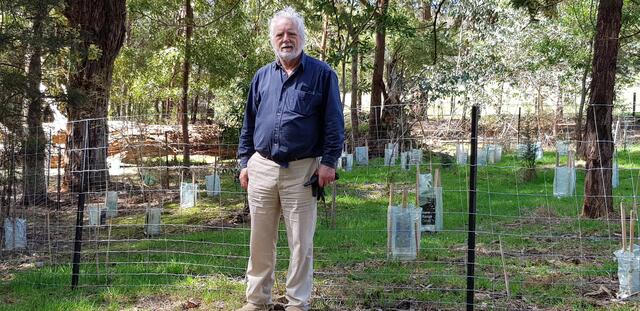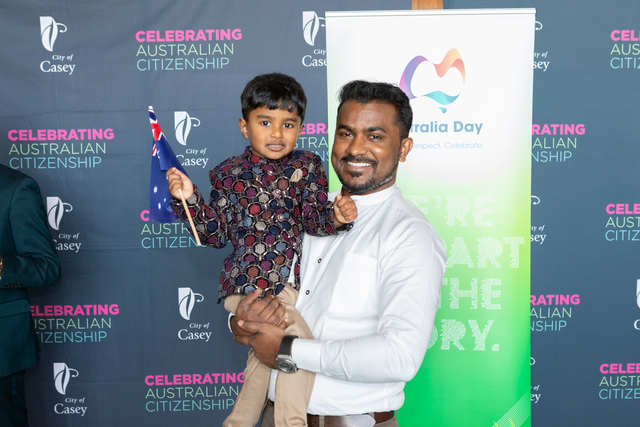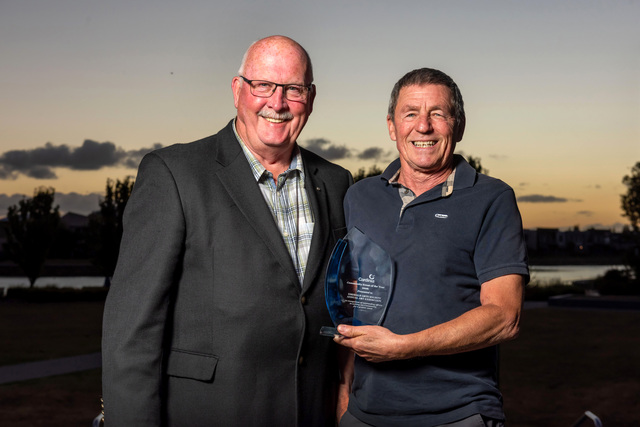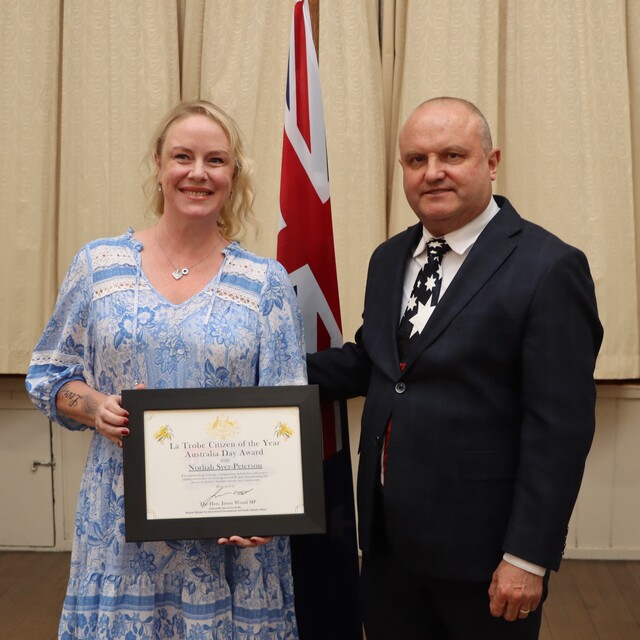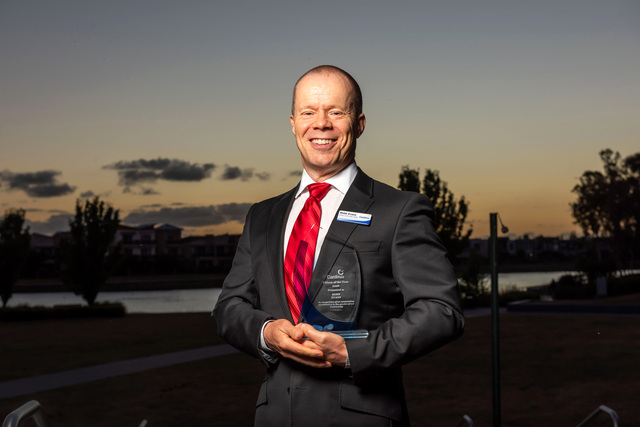By BRIDGET COOK
WHAT’S helped Peter Godfrey cope with the trauma he experienced from serving in the Vietnam War is helping and giving back to his fellow servicemen and women.
But coping isn’t a word the Cranbourne veteran familiarised himself with until more than 25 years after he returned from the war – after he was at the brink of taking his own life.
Since seeking help for post traumatic stress disorder (PTSD) when he was 45 years old, Mr Godfrey now focuses his time to volunteering at the Casey Regional Veteran’s Welfare Centre.
Mr Godfrey said that helping others and “giving back the love” is what helps him cope and forget about all the hate and destruction he experienced at a young age.
Mr Godfrey was 20 years old when he was called up for national service in 1968.
He served as an infantry soldier for about a year in Vietnam.
“My time was mostly spent in the jungle,” he said.
“We were right in the middle of a war-zone full stop.
“A 20-year-old in a war zone – sometimes I still get a bit teary thinking about it.
“All you had to do was try to survive.
“It was a very traumatic experience for a young fella.
“Whilst in the army I saw action, but I saw a lot of death.
“The death and destruction for a 20-year-old was horrendous and traumatic. It’s unreal.”
Mr Godfrey lost a good friend he had met while training in Australia while over in Vietnam who was killed in action.
While Mr Godfrey left the war zone in late 1969 when he was discharged from the Army, the death and trauma followed him home.
Eight of Mr Godfrey’s friends and fellow returned servicemen committed suicide in the years after the war.
At the age of 45, Mr Godfrey himself found himself considering the same fate.
But now he considers himself one of the lucky ones – he survived the war “just” and survived the demons that followed in the many years to follow.
“I had a breakdown and was diagnosed with PTSD,” he said.
“I was very ill and had to go to the Heidelberg Repatriation Hospital, where I spend the next six months.
“I had to leave my wife and my children at home, whilst I tried to get back to normal.
“Without the doctors and nurses at that hospital, I might not be here today.”
Mr Godfrey said many veterans faced similar problems to him because they bottled everything up.
“A man can’t cry,” he said.
“And when you don’t cry it just all bottles.”
But Mr Godfrey said that has something he has learnt do to help him cope, even tearing up on numerous occasion throughout our interview.
Another thing that has helped him in his healing process is becoming a volunteer with the Casey Regional Veteran’s Welfare Centre.
“At the age of 50, I said to myself, ‘what am I going to do’,” he said.
“I’m on the scrap heap.
“Someone mentioned becoming a welfare pension officer, and here I am now.
“We assist serving and non-serving members of the armed, their widows, widowers and children.
“What helps me is helping others.
“When a person has been in a combat zone he has seen horrific things.
“He wants to give back the love, and that’s what I’m doing.
“It’s the love I can give back that keeps me going.
“It’s those feelings of guilt that it helps, even though we didn’t have a choice.”
Today, Mr Godfrey attended the Anzac dawn service and march and Cranbourne.
But commemorating the day isn’t something he has always done, and still only participates more for his grandchildren than himself.
“I used to shy away from Anzac Day because of what the people did to the returned Vietnam boys,” he said.
“They used to say things like Vietnam wasn’t a real war, and terms like ‘baby-killers’ got thrown around.
“They shunned us and we got abused.
“So many of us just hid away.
“Anzac day still hurts me, but I take part in the march for my grandson.
“But I now see it as a day to remember the fallen and to remember the men and women who came home, if they were lucky enough to make it home.”
Anyone wishing to get in contact with the Casey Regional Veterans Welfare Centre can call 5995 5174.

